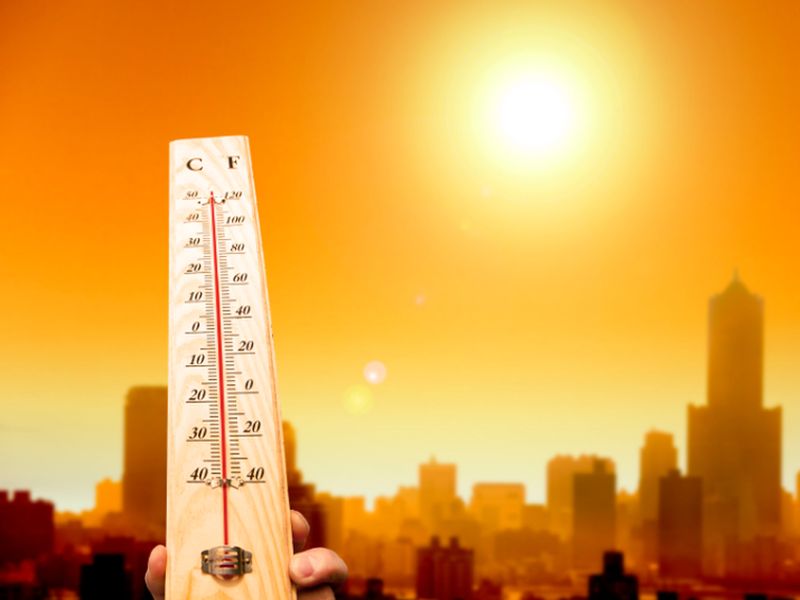
Friday, June 24, 2016

FRIDAY, June 24, 2016 (HealthDay News) -- Heat-related deaths in New York City could soar in coming decades because of climate change if preventive measures aren't taken, a new study indicates.
The researchers predict over 3,300 heat-related deaths a year in New York City by the 2080s.
But the majority of deaths could be averted by reducing fossil-fuel emissions (from coal, natural gas and oil) and using heat warnings and public cooling centers, according to study author Elisaveta Petkova, of Columbia University, and colleagues.
"We know climate change is creating more days of extreme heat, putting more people at risk for death in the coming decades," Petkova, a project director at Columbia's Earth Institute in New York City, said in a university news release.
"Our study shows that many of these deaths can be averted by limiting greenhouse gas emissions and pursuing measures to help people adapt to high temperatures," she added.
The research team's predictions are based on more than a century of temperature, population and death data for New York City, along with climate projections for the 2020s, 2050s and 2080s.
With air conditioning already prevalent, other steps may be necessary to ward off the deadly effects of heat waves. Programs to install reflective roofs, plant trees and protect residents who are especially vulnerable to high temperatures could boost the city's heat resilience, the scientists suggested.
A report by the New York City Panel on Climate Change predicts that, by the 2080s, average temperatures in the city may be similar to Norfolk, Va., today. The number of days with a maximum temperature at or above 90 or 100 degrees Fahrenheit is expected to more than triple by the 2080s. Petkova is a member of the panel.
The study was published online June 23 in the journal Environmental Health Perspectives.
SOURCE: Columbia University, news release, June 23, 2016
HealthDay
Copyright (c) 2016 HealthDay. All rights reserved.
News stories are provided by HealthDay and do not reflect the views of MedlinePlus, the National Library of Medicine, the National Institutes of Health, the U.S. Department of Health and Human Services, or federal policy.
- More Health News on:
- Climate Change
- Environmental Health
- Heat Illness









































No hay comentarios:
Publicar un comentario